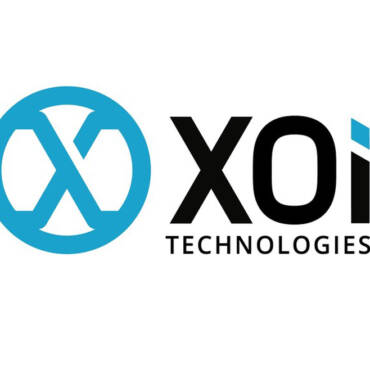The only permanence is impermanence. The only constant is change. There comes a point in the life cycle of every family business when this most important decision must be made: should I keep or sell?
This is certainly not an easy decision for anyone to make. There are a lot of nuances that factor in — financials, family, emotions. As much as one would like to see their legacy being carried down through their family, it is simply just not in the cards for everyone. Longevity and continued success are difficult to achieve. This is where exiting the business comes into play. However, just because you sold does not mean you won’t get to see your legacy continue to thrive.
KEY QUESTIONS TO CONSIDER
1) Is the family the most suitable leadership team for this business? Do the skill sets, interests, and values of the family members align with the company? Just because a business was founded by one’s family does not mean that two generations later, members of that family are the best successors. Every generation is different. Every family member is different. They might have other interests or passions in life. They might have different career goals. They might have honed different skill sets throughout their life. Such misalignment is what often drives a family business to the ground. Therefore, this is an important factor to consider when deciding whether to keep or sell.
2) Is the family fully prepared to keep managing the business through generations? This means whether or not the family has a proper succession plan in place to ensure that the business can be passed down smoothly in different scenarios. A succession plan should be written out and agreed upon by all key decision-makers in a family-owned business. It should act as a clear blueprint that details how the business should be managed, who (both family and non-family members) should assume leadership and operational roles, and how equity should be divided up, among other key points. A clear, strong, and unanimously supported succession plan is a prime indicator that the family is ready to continue running the business.
3) Is the business truly a financial asset for the family? Emotions, pride, and ego always play a part in this decision — oftentimes too much of a role. A family-owned business represents years of hard work that generations of a single family have put in. Strong personal connections are thereby forged through decades of sacrifice and resilience. Therefore, many owners may feel an obligation to keep the business in the family, even if the business ceases to bring financial gains to the family. These feelings are valid. Therefore, it is important to consider what aspect you and your family value most from the business — financial or emotional. This will greatly shed light on whether to keep or sell.
UPSIDES TO SELLING
Selling may seem as though it’s a last resort option, but there are, in fact, a myriad of benefits.
First, being bought up by a larger firm means access to greater resources and potential for your business. Choosing the right buyer allows your family-owned business to realize synergies, expand to different locations, and penetrate new markets and consumer segments — all of which may not have been possible purely from isolated organic health.
Second, being acquired oftentimes does not mean giving up your business. Most buyers actually prefer if the original management team stays on, or is at least still involved in the operations of the merged company after the sale. This yields families both the financial gain of selling their business as well as the ability to continue aiding in operating said business.
DOWNSIDES TO SELLING
On the other hand, there will be aspects of running your own family-owned business that may be lost in a sale.
Agency is a key issue. Whereas owning a family business allows you to dictate the direction you wish the firm to go in, selling your stake in it will result in the loss of control over the company, which can be difficult to get accustomed to. Nevertheless, depending on the buyers, you will still have a say in the company’s business plan in most cases.
A dynamic shift in company culture is another risk that comes with selling. The acquirer may completely disrupt the culture rooted within the seller. However, given the right choice of buyer, this risk can be greatly minimized.
CONCLUSION
Ultimately, the decision to keep or sell is not one that should be taken lightly — it is one that should be made rationally and unanimously by the family. Every family is different. Every business is different. However, by following the aforementioned steps and understanding what it means to sell, you will be able to make the best and most informed decision for your business as well as your family.
Whether you require installation, repair, or maintenance, our technicians will assist you with top-quality service at any time of the day or night. Take comfort in knowing your indoor air quality is the best it can be with MOE heating & cooling services Ontario's solution for heating, air conditioning, and ventilation that’s cooler than the rest.
Contact us to schedule a visit. Our qualified team of technicians, are always ready to help you and guide you for heating and cooling issues. Weather you want to replace an old furnace or install a brand new air conditioner, we are here to help you. Our main office is at Kitchener but we can service most of Ontario's cities
Source link



Add Comment